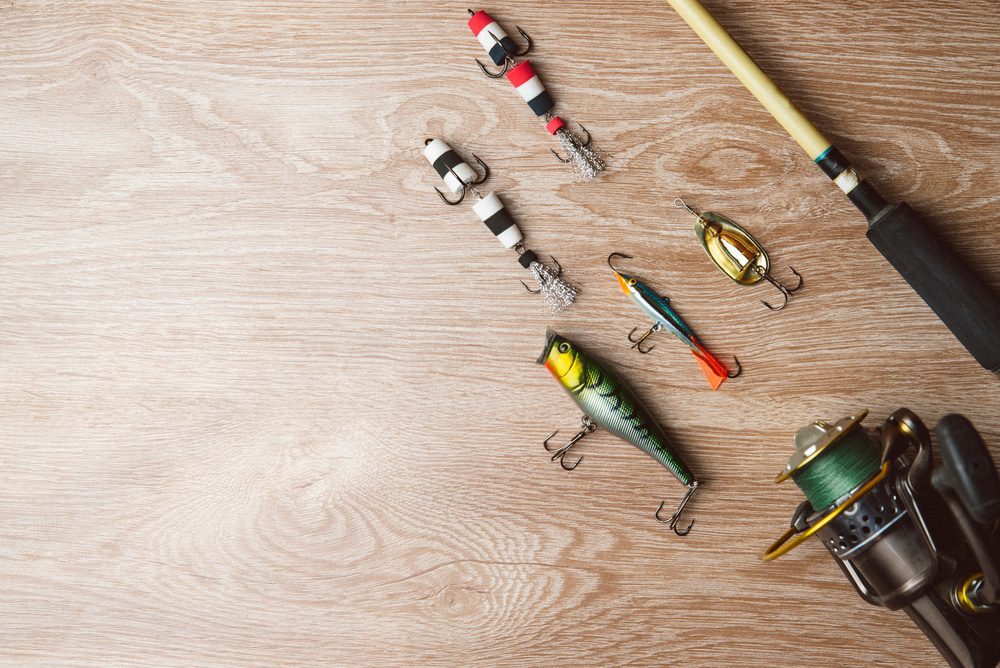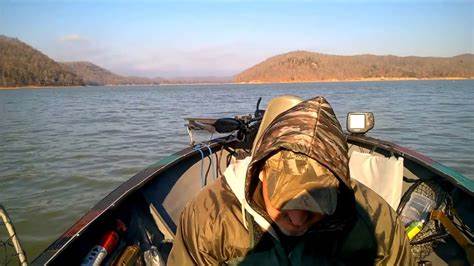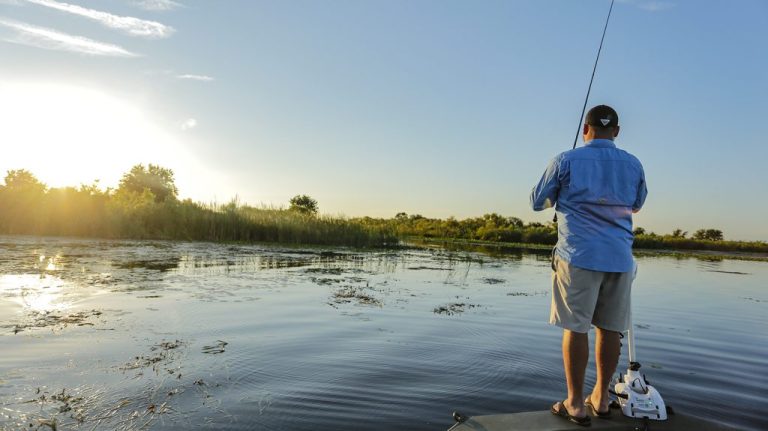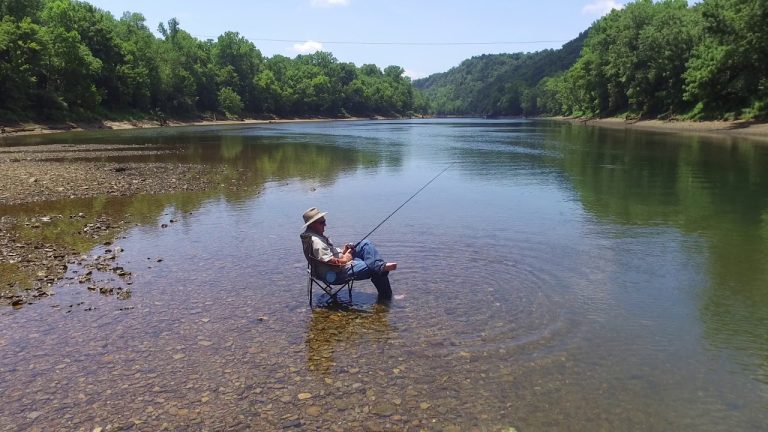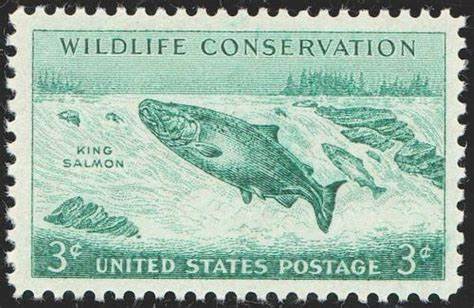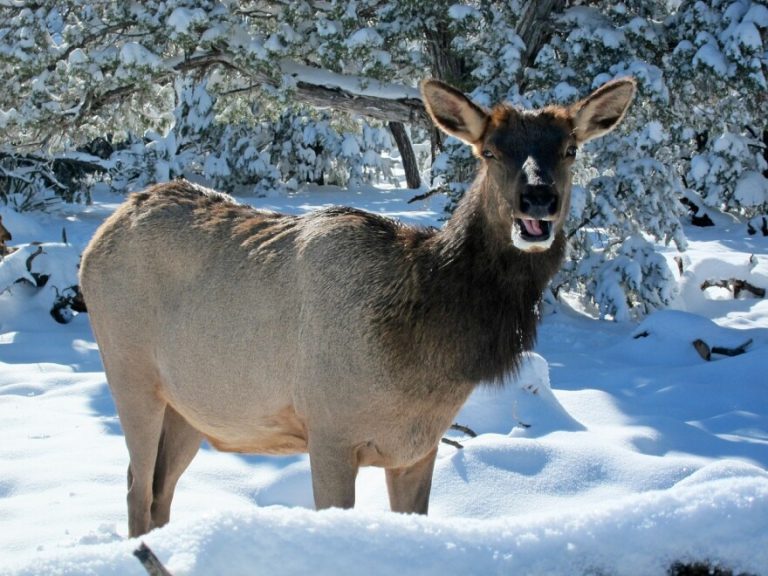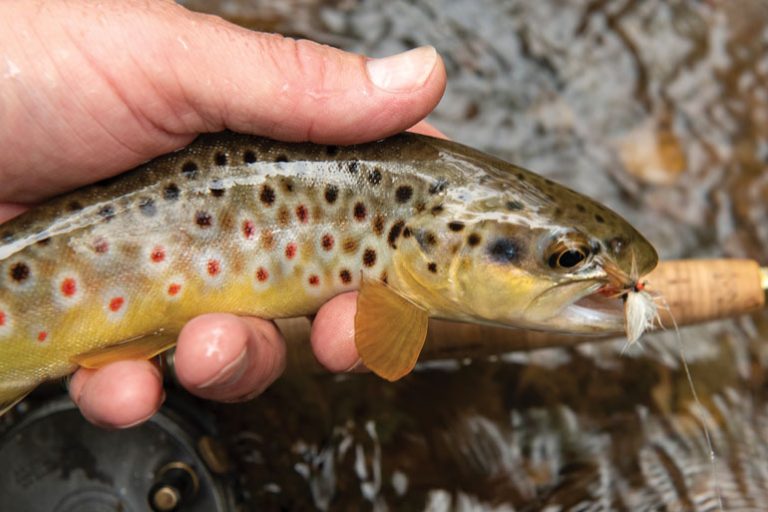Colorado’s pristine rivers, lakes, and streams beckon anglers from near and far, offering unparalleled fishing experiences amidst breathtaking natural landscapes. However, before you can cast your line into these waters, it’s crucial to understand the state’s fishing license requirements, particularly the residency criteria. This comprehensive guide will unravel the intricacies of Colorado’s fishing license residency rules, ensuring you’re well-prepared for your next angling adventure while supporting the state’s conservation efforts.
Why Obtaining the Right Fishing License Matters
Obtaining the correct fishing license is not only a legal requirement but also a crucial step in preserving Colorado’s rich aquatic ecosystems for generations to come. By understanding the residency requirements and following the proper procedures, you can contribute to the long-term sustainability of the state’s world-class fishing opportunities.
Defining Residency for Fishing Licenses
In Colorado, the distinction between resident and non-resident fishing licenses hinges on your residency status. To qualify as a resident, you must have lived in the state for at least six consecutive months immediately prior to purchasing or applying for a license. This residency requirement aims to support the state’s conservation efforts and ensure fair pricing for those who call Colorado home.
Proving Your Residency
To obtain a resident fishing license, you’ll need to provide proof of residency. The most common form of proof is a current and valid Colorado driver’s license or state-issued identification card with a Colorado address issued at least six months prior. If your Colorado ID is less than six months old, you’ll need to provide at least two additional forms of residency proof, such as:
- Pay stubs from a Colorado employer
- Utility bills with your name and Colorado address
- State income tax documents showing Colorado residency
- Lease agreements or rent receipts for a Colorado residence
- Voter registration card with a Colorado address
- School transcripts and class schedules (for full-time students)
It’s essential to have these documents readily available, as you may be required to present them while fishing to verify your residency status and avoid potential fines or penalties.
Residency Exceptions and Special Cases
Colorado recognizes certain exceptions and special cases when it comes to residency requirements for fishing licenses:
Full-Time Students
If you’re attending school full-time at an accredited Colorado institution and have been doing so for at least six months, you’re eligible for a resident fishing license, even if you pay out-of-state tuition. This exception allows students to enjoy the benefits of resident pricing while pursuing their education in the state.
Military Personnel
Colorado residents on active duty with the U.S. armed forces stationed out of state can fish without a license while on temporary leave, up to 30 days per year. However, they must carry official leave papers while fishing to verify their eligibility for this exemption.
Disabled Residents
Colorado offers free lifetime fishing licenses for residents with disabilities, provided they meet specific criteria and submit the necessary documentation, such as proof of disability and residency. This program aims to make fishing more accessible and inclusive for individuals with disabilities.
Disabled Veterans
Military veterans who are Colorado residents and have a disability rating of 60% or higher from active duty, including Purple Heart recipients, can apply for a free fishing and hunting combo license. This is a way for the state to honor and support those who have served and sacrificed for our nation.
By understanding these exceptions and special cases, you can ensure you’re taking advantage of any applicable benefits and complying with the state’s regulations.
Non-Resident Fishing Licenses
If you don’t meet the residency requirements, you’ll need to purchase a non-resident fishing license. Non-resident licenses are typically more expensive than resident licenses, but they provide access to Colorado’s world-class fishing opportunities for those visiting or temporarily residing in the state.
Non-residents have various license options, including daily, additional-day, and annual licenses. Like residents, non-residents must also purchase a Wildlife Habitat Stamp with their first license purchase of the season, excluding the first two one-day or additional-day licenses. This stamp helps fund conservation efforts and habitat preservation projects throughout the state.
Choosing the Right Non-Resident License
When selecting a non-resident fishing license, consider the duration of your stay and the frequency of your fishing trips. Here are some common options to consider:
| License Type | Description |
|---|---|
| Daily Fishing License | Perfect for a quick fishing getaway or a single day on the water. This license is valid for one day from the start date specified. |
| Additional-Day Fishing License | If you plan to fish for more than one day, this option allows you to add additional days to your initial daily license at a discounted rate. |
| Annual Fishing License | For those planning multiple extended fishing trips or an extended stay in Colorado, an annual license may be the most cost-effective option. |
By carefully evaluating your fishing plans and selecting the appropriate license, you can ensure you’re complying with regulations while maximizing value for your investment.
License Purchasing Options
Obtaining a Colorado fishing license is a straightforward process, with multiple purchasing options available to cater to your preferences and convenience:
- Online: Visit the Colorado Parks and Wildlife website to purchase your license online. Once purchased, you can print your license immediately or have it mailed to you (for annual licenses).
- By Phone: Call 1-800-244-5613 to speak with a trained sales representative and complete your license application over the phone.
- In-Person: Visit any Colorado Parks and Wildlife office or authorized retailer, such as tackle shops, hardware stores, or Walmart, to purchase your license in person.
When ordering a short-term fishing license, you’ll receive a temporary authorization number (TAM) that serves as your license until your physical license arrives (for annual licenses ordered online or by phone).
License Costs and Options
The cost of your Colorado fishing license will vary depending on your residency status, the license type, and any applicable discounts. Here’s a breakdown of some common license options and costs:
Resident Licenses
| License Type | Cost |
|---|---|
| Annual Fishing License | $35.61 |
| Senior Annual Fishing License (ages 65+) | $8.90 |
| Youth Annual Fishing License (ages 16-17) | $8.90 |
| Small Game and Fishing Combo License | $57.03 (for those born after 1948) |
Non-Resident Licenses
| License Type | Cost |
|---|---|
| Annual Fishing License | $98.90 |
| Daily Fishing License | $16.61 |
| Additional Day Fishing License | $9.90 |
Additionally, most licenses require the purchase of a Wildlife Habitat Stamp:
| Stamp Type | Cost |
|---|---|
| Annual Stamp | $10.71 |
| Lifetime Stamp (ages 18-64) | $345.28 |
It’s important to note that license fees and regulations are subject to change, so it’s always best to check the Colorado Parks and Wildlife website for the most up-to-date information before making your purchase.
Fishing Regulations and Conservation Efforts
Obtaining a fishing license is not only a legal requirement but also a crucial step in supporting Colorado’s conservation efforts. A portion of the license fees goes towards maintaining healthy fish populations, preserving aquatic habitats, and funding various conservation projects.
Additionally, Colorado has specific regulations in place to ensure sustainable fishing practices. These regulations may include:
- Bag and possession limits: Limits on the number of fish you can catch and keep per day or in possession.
- Fishing seasons: Designated times of the year when certain species can be fished.
- Prohibited methods: Restrictions on certain fishing techniques or equipment to protect fish populations.
- Special rules for designated “Gold Medal Waters”: Stricter regulations for Colorado’s premier trout fishing waters to maintain their exceptional quality.
Familiarizing yourself with these regulations is essential to ensure you’re fishing responsibly and contributing to the long-term preservation of Colorado’s natural resources. You can find detailed information on current regulations in the Colorado Fishing Brochure published annually by Colorado Parks and Wildlife.
Tips for a Successful Fishing Adventure
Now that you understand the residency requirements and have obtained the appropriate fishing license, it’s time to plan your Colorado fishing adventure. Here are some tips to help ensure a memorable and rewarding experience:
- Research Your Destination: Colorado offers a diverse array of fishing opportunities, from high-altitude mountain streams to serene lakes and reservoirs. Research the specific water bodies you plan to fish, their fish species, and any special regulations that may apply.
- Gear Up Properly: Invest in the right fishing gear and equipment for the species and conditions you’ll be facing. Consult with local tackle shops or experienced anglers for recommendations on the best lures, flies, and tackle for your intended fishing spots.
- Respect the Environment: Practice ethical fishing techniques and leave no trace behind. Properly dispose of any litter, and avoid disturbing sensitive habitats or wildlife.
- Consider Hiring a Guide: For those new to Colorado fishing or looking to explore unfamiliar waters, hiring a professional fishing guide can be a worthwhile investment. Guides not only provide local expertise but also ensure you have the necessary licenses and follow all regulations.
- Share Your Experiences: Colorado’s fishing community is passionate and welcoming. Consider joining local fishing clubs or online forums to share your experiences, learn from others, and contribute to the preservation of the state’s fishing heritage.
Conclusion
Colorado’s fishing license residency requirements are designed to strike a balance between providing fair access to the state’s world-class fishing opportunities and supporting conservation efforts. By understanding these requirements and following the proper procedures, you can ensure a hassle-free and enjoyable fishing experience while contributing to the preservation of Colorado’s aquatic ecosystems for generations to come.
Remember, responsible angling goes beyond obtaining a license. It’s crucial to practice ethical fishing techniques, respect the environment, and follow all regulations to ensure the sustainability of Colorado’s rich fishing heritage. So, grab your gear, secure your license, and embark on an unforgettable angling adventure in the Centennial State.
Official Resources
For more information on fishing licenses, residency requirements, and regulations, visit the following official websites:
By utilizing these resources, you can ensure that you are well-informed and prepared for your fishing adventures in Colorado.



